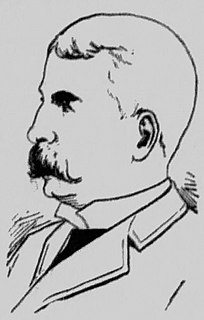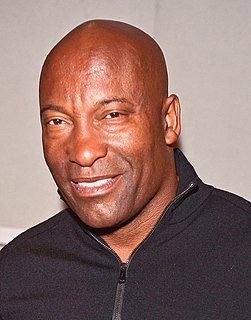A Quote by Ralph Waldo Emerson
Related Quotes
When you see the violence of Hollywood movies, there is a tendency that the hero is combating and confronting many people, without much harm to himself. But in my films, the hero takes a lot of hits so the very act of the hero being the one on the receiving end, makes the audience cheer and connect with him.
Long ago I yearned to be a hero without knowing, in truth, what a hero was. Now, perhaps, I understand it a little better. A grower of turnips or a shaper of clay, a Commot farmer or a king--every man is a hero if he strives more for others than for himself alone. Once you told me that the seeking counts more than the finding. So, too, must the striving count more than the gain.
But Philip was impatient with himself; he called to mind his idea of the pattern of life: the unhappiness he had suffered was no more than part of a decoration which was elaborate and beautiful; he told himself strenuously that he must accept with gaiety everything, dreariness and excitement, pleasure and pain, because it added to the richness of the design.
If anyone on the verge of action should judge himself according to the outcome, he would never begin. Even though the result may gladden the whole world, that cannot help the hero; for he knows the result only when the whole thing is over, and that is not how he became a hero, but by virtue of the fact that he began.









































